Your cart is currently empty!
Are Metal Detectors Effective at Finding Cell Phones?
From schools to board rooms to prisons, many organizations have an interest in controlling access to cell phones or keeping them out entirely. Many of them rely on traditional metal detectors to locate contraband phones, but how effective are they? Metal detectors work fine for detecting metal objects like knives and guns, but their drawbacks limit their usefulness in detecting cell phones.
False Alarms: Metal detectors cannot differentiate between cell phones and other metallic objects. They can be set off by keys, belt buckles, studs in clothing, jewelry and even internal medical devices like pacemakers and metal plates.
Composition: Metal detectors require a minimum metal content, and many phones have very little metal in them. They are mainly made up of glass and plastic, which do not trip metal detectors. When smuggling phones into prisons, smugglers further reduce the risk of detection by disassembling phones and smuggling the parts independently. Smugglers also wrap phones or their parts in electrical tape or dense material to make them more difficult to detect.
Phone Size: While the fad for small phones is over in the general population thanks to smartphones, they are still in demand in prisons. Some cell phones are the size of a key fob or wristwatch. Their small size makes them easier to hide inside the subject’s body, and their low metal content makes it difficult for metal detectors to pick them up.
Coverage: Stand-alone metal detectors may not offer head-to-toe coverage, allowing people to hide cell phones in their shoes. Metal detector wands can detect phones anywhere on the body, but their range is limited to a few inches, so a thorough search requires passing the wand over the subject’s entire body.
Time: An employee using a metal detector wand can only scan one subject at a time and a thorough scan is relatively time-consuming. Some people also consider them invasive. This makes them unsuitable for locations with high traffic volume.
Cost: Stand-alone metal detectors are expensive and not portable. Both types require an active attendant, which makes them costly to operate.
If your organization needs to prohibit or control cell phone use, it’s best to use a detector made specifically for finding cellular devices. BVS offers mounted, walkthrough and handheld cell phone detectors that can find phones even when the devices are powered off. These devices are cost-effective and can detect a phone anywhere on the subject. Contact us today for more information.
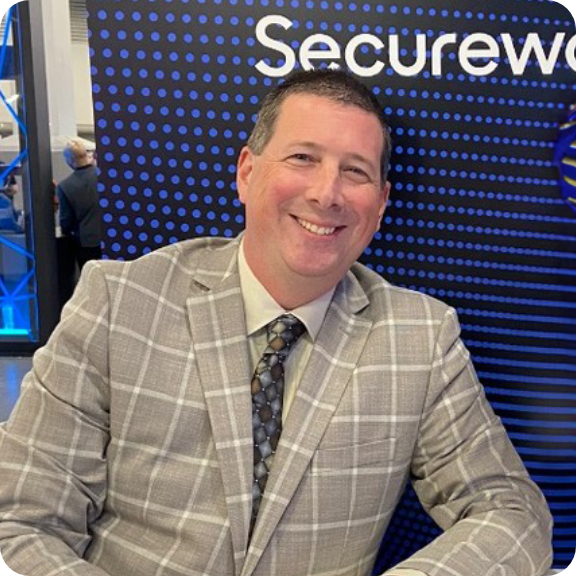
Scott Schober
CEO | Author | Speaker at Berkeley Varitronics Systems
Scott Schober presents at cybersecurity and wireless security conferences for banking, insurance, transportation, construction, telecommunications and law enforcement industries. He has overseen the development of dozens of wireless test, security, safety and cybersecurity products used to enforce a “no cell phone policy” in correctional, law enforcement, and secured government facilities. Scott regularly appears on network news programs including Fox, Bloomberg, Good Morning America, CNN, MSNBC, NPR and many more. He is the author of 'Senior Cyber', 'Cybersecurity is Everybody's Business' and 'Hacked Again', the “original hacker’s dictionary for small business owners” - Forbes Magazine.
Our Newsletter
Lorem ipsum dolor sit amet, consectetur adipiscing elit. Aliquam mattis ligula vitae leo scelerisque, sit amet feugiat ex venenatis.
"*" indicates required fields
Latest Posts
Our Best Sellers
How can we help?
Lorem ipsum dolor sit amet, consectetur adipiscing elit. Nunc dictum aliquet justo sit amet consectetur. In tempor lobortis ante vitae ornare. Praesent feugiat magna at tempor consequat. Aenean in iaculis libero, aliquam imperdiet mi.
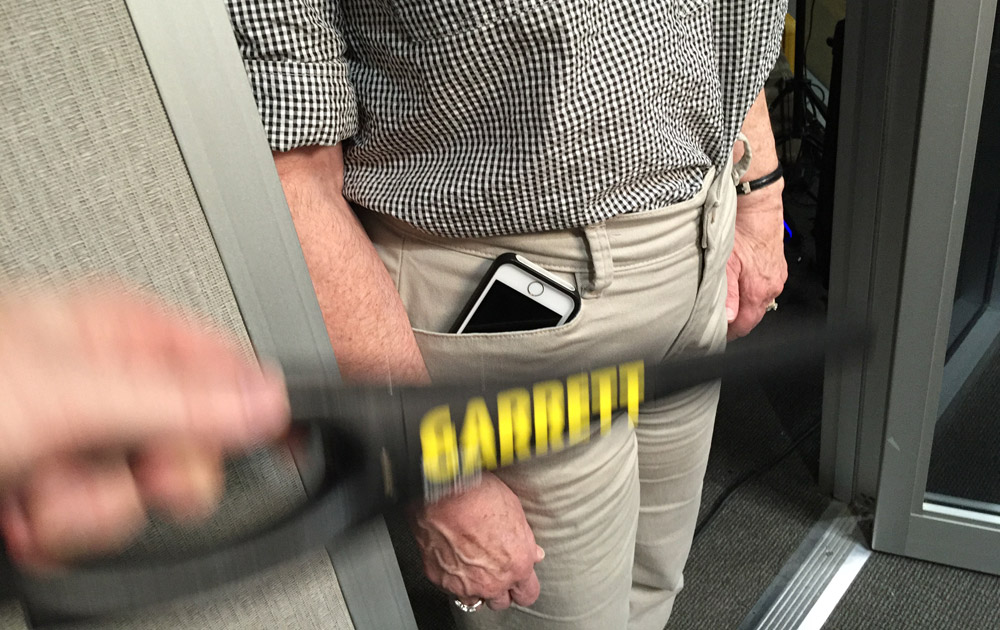



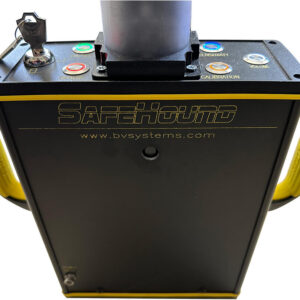
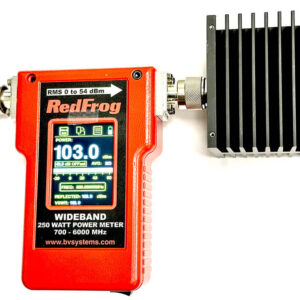
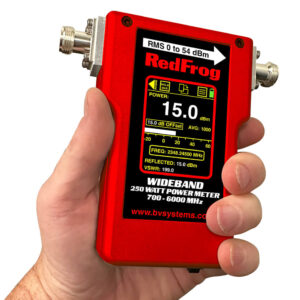

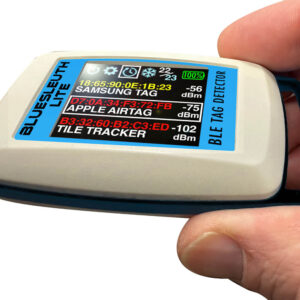

Leave a Reply